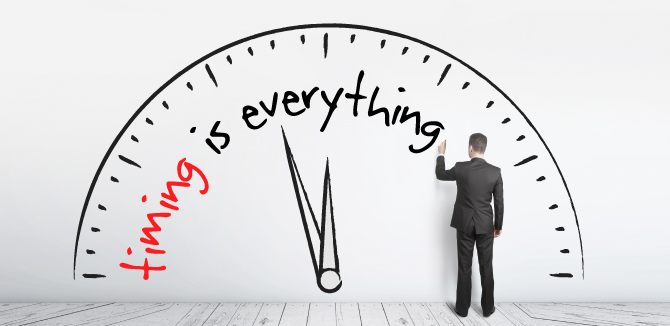When Should I File For Bankruptcy?
One of the most crucial questions that must be answered when considering bankruptcy is: When should you file? The answer is, as with many things in the law: it depends.
The reason this questions is so critical is because when you file a bankruptcy, everything you own, with few exceptions, passes into what is called a bankruptcy estate. The property that is included in your bankruptcy is governed by section 541 of the bankruptcy code. This code provision was drafted, and has since been interpreted by the courts, to take the most EXPANSIVE view possible as to what constitutes property of your bankruptcy estate.
Typically, your bankruptcy is made up of every interest, whether legal (on paper) or equitable (in fairness). That means: “the car isn’t in my name. . . .” doesn’t work. You have to include everything, including interest you may not intend to even assert in property, land, commissions earned but not received, and even contracts signed between two people. The bankruptcy estate can, in some instances, surprisingly include property that you obtain after filing for bankruptcy.
The chapter under which you are filing and your prospects for future earnings, projects, businesses, and even tax refunds must be considered when filing a bankruptcy.
A good bankruptcy attorney should be able to answer the timing question after gathering some facts about your situation. Here at Rogers & Russell, we can usually answer this question during the initial FREE consultation. If you meet with a bankruptcy attorney that can’t answer this question, definitively run the other way.

